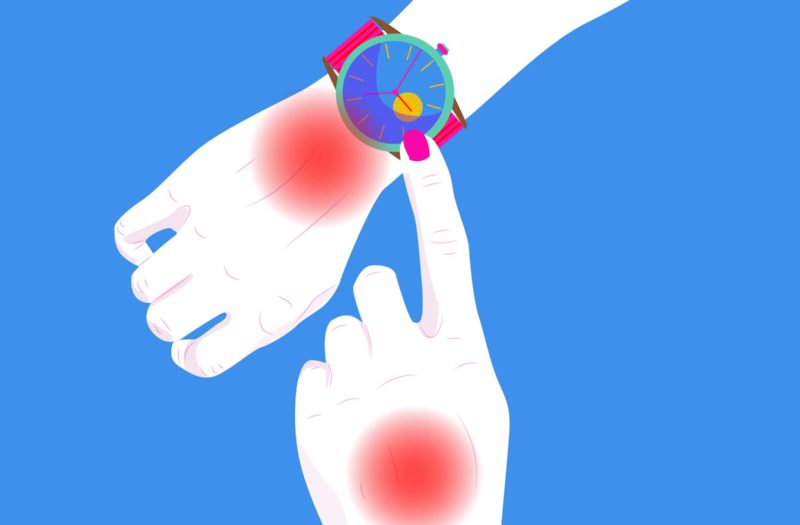Learn more about our FREE COVID-19 Patient Support Program for chronic illness patients and their loved ones.
This has been reviewed and updated as of May 7, 2020.
Most of us need some comfort right now. And for many of us, the usual routines that have given solace in the past are not available.
There is no going out with friends or sharing a meal with loved ones.
There is no group pick up sports or “downtime” with the gang after work.
There are no theater, movie, or concert events.
There are no vacations or trips or visits with friends or loved ones coming up.
There is no looking forward to things. Which, for many of us, was the most comforting things of all. Yes, I can get through this — whatever “this” is — because I have [fill in the blank] planned to make me feel better.
So, we need to get creative about creating things in the now that are comforting to us.
I have been gleaning things from clients and others who are getting good at attending to relaxation, a sense of well-being, and ease.
Comfort is physical
Our bodies can signal to our overwrought brains that we are at ease. Make a “comfort nook” with a favorite blanket, an ottoman or footrest, something beautiful to look at. Have this space be just for relaxing.
Weighted blankets, hot water bottles, and pillows you can warm in the microwave all signal safety and calm. Ditto for essential oils and scents that lift the spirits. This is the time to break out all those fancy products you’ve been saving for a “special” occasion. That time is now. Put on music, light a candle. Yes, these are all old tried-and-true recommendations, but do we actually do them?
This is the time to start a routine.
Comfort is routine
We can lighten our cognitive load by having a schedule to follow. If I have to decide when to get up, what to do, whether to start an activity or just sit — all of that micro decision-making wears us out.
Have benchmarks of time in your day. Try to get up and go to sleep at the same time as you would have before. Wash your face or take a shower and get dressed. Have a plan for the day — at least a flexible one of what you would like to accomplish. Don’t make it grand or aspirational; make it practical.
When you live with chronic pain or other health issues, and the uncertainty of the outside world amplifies the tendency to drop routines, be mindful of that becoming a habit. You will be more at ease if you can help yourself make doable plans and have reasonable expectations of your day. Ditto for your children. Children need a sense of structure to feel safe and have a sense of what’s going on. If you live with small people (or even animals) keep to routine. It puts everyone at ease.
Comfort is psychological
We can’t control much these days. But whatever you can take charge of, do it! Organize your bookshelves. Clear one of your clutter corners. Take everything out from under a bathroom sink and throw out old junk. If your energy flags when you think of this kind of project, try something small, like organizing a pile of papers or making a photo album. Do one small chore. The result helps you feel in charge of something, able manage at least one small part of your world.
Clearing clutter also means less stimulation for your brain to process, and that leads to a sense of well-being.
This is just a start. There are hundreds of other ways to create comfort for yourself, your home, and your family.
How have you been able to create comfort in your environment?
Get Free Coronavirus Support for Chronic Illness Patients
Join the Global Healthy Living Foundation’s free COVID-19 Support Program for chronic illness patients and their families. We will be providing updated information, community support, and other resources tailored specifically to your health and safety. Join now.






